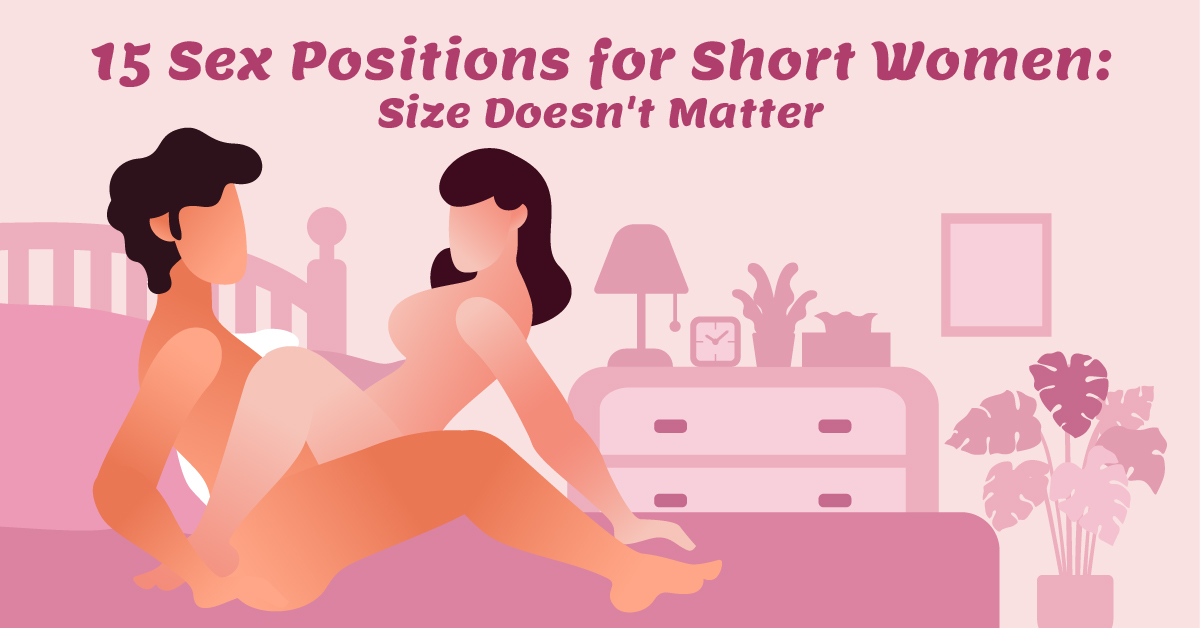
WEIGHT: 49 kg
Bust: Large
1 HOUR:40$
Overnight: +30$
Sex services: Spanking (giving), Golden shower (out), Striptease, Spanking (giving), Massage Thai
He is an advisor to the Oracle Trust, a head and neck patient advocacy charity. Over the past two decades, there has been a rapid increase in throat cancer in the west, to the extent that some have called it an epidemic.
This has been due to a large rise in a specific type of throat cancer called oropharyngeal cancer the area of the tonsils and back of the throat. The main cause of this cancer is the human papillomavirus HPV , which are also the main cause of cancer of the cervix. Oropharyngeal cancer has now become more common than cervical cancer in the US and the UK. HPV is sexually transmitted. For oropharyngeal cancer, the main risk factor is the number of lifetime sexual partners, especially oral sex.

Those with six or more lifetime oral-sex partners are 8. Behavioural trends studies show that oral sex is very prevalent in some countries. Yet, mercifully, only a small number of those people develop oropharyngeal cancer. Why that is, is not clear. The prevailing theory is that most of us catch HPV infections and are able to clear them completely.
However, a small number of people are not able to get rid of the infection, maybe due to a defect in a particular aspect of their immune system. HPV vaccination of young girls has been implemented in many countries to prevent cervical cancer. There is now increasing, albeit as yet indirect evidence , that it may also be effective in preventing HPV infection in the mouth.

Taken together, this may hopefully lead in a few decades to the reduction of oropharyngeal cancer. It does not, however, guarantee protection at an individual level — and especially in this age of international travel — if, for example, someone has sex with someone from a country with low coverage. It certainly does not afford protection in countries where vaccine coverage of girls is low, for example, the US where only This has led several countries, including the UK, Australia and the US, to extend their national recommendations for HPV vaccination to include young boys - called a gender-neutral vaccination policy.



































